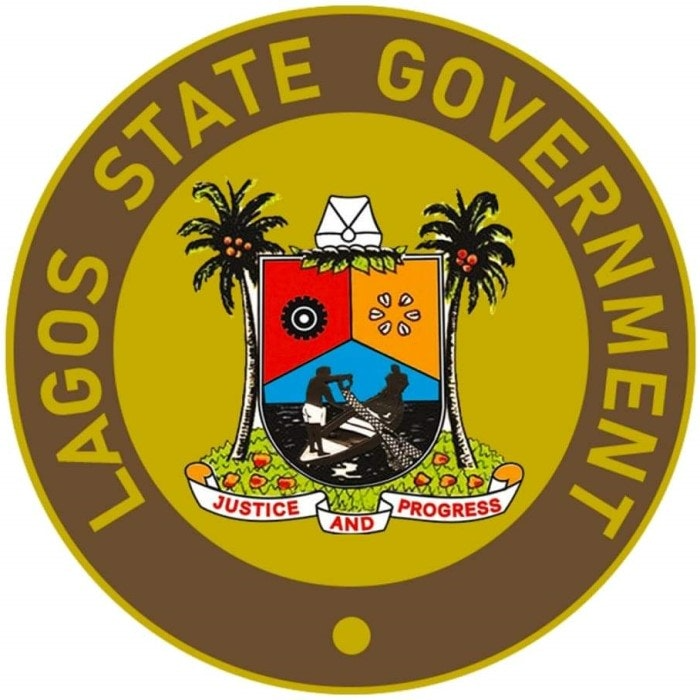Lagos plastic ban enforcement begins July 1 as the state government cracks down on Styrofoam and single-use plastics to protect health and the environment
[dropcap]I[/dropcap]n a determined effort to confront environmental pollution and public health threats, the Lagos State Government has launched the Lagos plastic ban enforcement, starting from July 1, 2025.
Also read: Lagos to enforce single-use plastic ban from July 1, 2025
The ban targets the widespread use of Styrofoam containers and single-use plastics across the state, marking a significant shift in environmental policy.
Commissioner for the Ministry of the Environment and Water Resources, Mr Tokunbo Wahab, confirmed the full implementation of the ban during a press briefing on Monday.
He dismissed speculation that the government would extend its previous grace period, stating that this phase is decisive and irreversible.
“Many believed that after the last period of grace, the state government would succumb to blackmail and the spread of half-truths to extend the deadline. But this is a total no,” Wahab said.
His comments signalled the government’s firm stance on enforcing the ban without exception.
The Lagos plastic ban enforcement aims to reduce the severe environmental consequences of non-biodegradable waste.
Lagos, a city of over 20 million residents, has long battled flooding, blocked drainage systems, and marine pollution—issues significantly worsened by plastic waste.
These problems have also been linked to serious public health concerns, including mosquito breeding, waterborne diseases, and toxic exposure.
“This decision is about preserving lives, protecting property, and ensuring public health,” Wahab added. He made it clear that anyone found flouting the law would face prosecution under the state’s environmental protection statutes.
The government’s action follows years of advocacy by environmentalists and public health experts who have drawn attention to the dangers posed by Styrofoam and single-use plastics.
These materials do not decompose easily and often end up in the state’s waterways and landfill sites, leading to long-term ecological damage.
In many urban areas of Lagos, especially in markets and food courts, Styrofoam packaging had become the default for serving takeaway meals.
Many believed that after the last period of grace, the state government would succumb to blackmail and the spread of half-truths to extend the deadline. But this is a total no.
However, the ban now mandates a shift to biodegradable and eco-friendly alternatives.
The transition may cause some disruption in the short term, but the government insists the long-term benefits far outweigh the initial inconvenience.
Residents and business owners have been encouraged to adopt reusable or compostable materials as part of a broader behavioural change.
The Ministry has launched an awareness campaign to guide the public on acceptable alternatives and to discourage illegal stockpiling or distribution of the banned items.
While some stakeholders had earlier expressed concerns about the economic impact of the ban, especially on small businesses, others have welcomed the move as overdue.
Environmental groups, local NGOs, and youth-led climate action organisations have praised the decision as a bold and necessary step towards sustainable urban living.
A food vendor in Surulere, Funke Adewale, expressed cautious optimism about the transition. “At first, I was worried. But now, we are learning new ways to serve food without using Styrofoam. I believe it will get easier,” she said.
As the Lagos plastic ban enforcement enters its first week, compliance monitoring will be overseen by officials from the Ministry of the Environment and Water Resources, in collaboration with local government units.
Inspectors will conduct routine checks, and violators risk fines or more severe penalties under environmental law.
Ultimately, the ban represents a defining moment in Lagos’s environmental journey.
It challenges both the government and the governed to rethink habits and invest in a cleaner, healthier future.
The success of the enforcement will likely serve as a model for other Nigerian states considering similar action.
Also read: Tokunbo Wahab celebrates Sanwo-Olu’s birthday, visionary leadership in Lagos
In the words of Commissioner Wahab, “There is no going back.” The message is clear: Lagos is taking its stand—for its environment, its people, and its future.





























